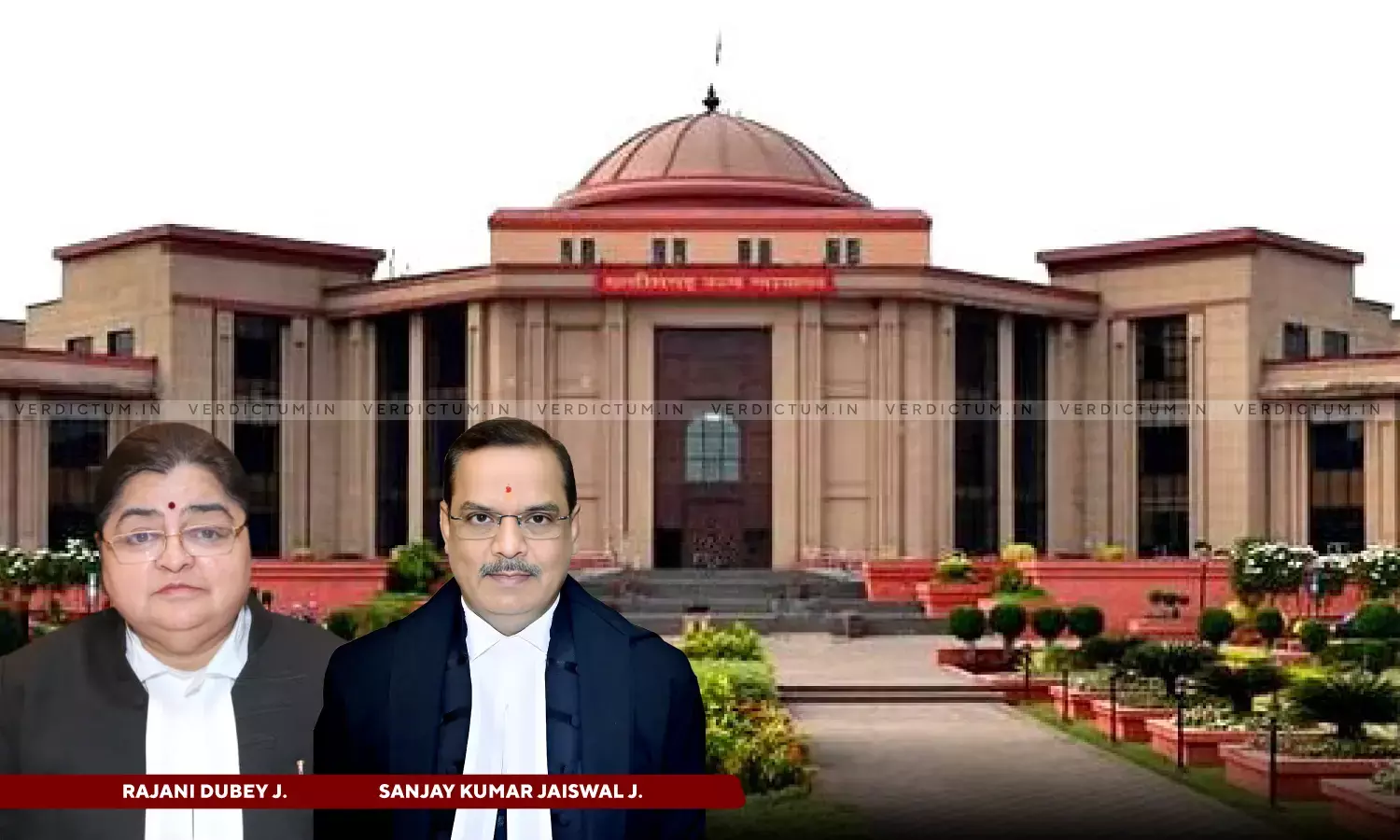Electric Company Liable to Pay Compensation to Legal Heirs of Woman Who Died of Electrocution After Contacting Bore Pump Current While Bathing: Chhattisgarh HC
The Chhattisgarh High Court upheld the compensation awarded to the legal heirs of a woman who died of electrocution after coming in contact with the electric current of the bore pump while she was bathing while holding the Chhattisgarh Rajya Vidhyut Vitaran Company liable for the same.
The Court dismissed the Appeal filed by the Chhattisgarh Rajya Vidhyut Vitaran Company and Chhattisgarh Rajya Mandal Board (Appellants) while upholding the Judgment of the Trial Court that had awarded around Rs. 10 Lakhs in compensation to the family of the deceased.
A Division Bench of Justice Rajani Dubey and Justice Sanjay Kumar Jaiswal stated, “Keeping in view the above decision, the admitted facts in this case and the overall evidence on record, as discussed above, this Court finds no illegality or infirmity in the findings recorded by the learned trial court holding that the appellants/defendants No. 1 & 2 liable for paying compensation to respondents No. 2 to 10/plaintiffs against death of Smt. Pancho Bai due to electrocution.”
Advocate Raja Sharma appeared for the Appellants, while Advocate Sachhidanand Yadav represented the Respondents.
The family of the deceased (Respondents) filed a suit seeking compensation of Rs. 11 lakhs for the untimely death of the deceased due to electrocution. The incident occurred when she came into contact with an electric current from a bore pump at her residence in a village.
The Respondents claimed that the 35-year-old deceased was a labourer earning Rs. 6k per month, and her death caused financial and emotional hardship for her family. The Trial Court awarded compensation to the Respondents after considering the notional income of the deceased and applying the multiplier method.
The Appellants argued that the deceased’s death resulted from her own negligence. They contended that the bore pump’s starter was located in a damp area without proper earthing, which caused the accident. The Appellants submitted that they were responsible only for outer electrification and not for the internal wiring of the house, which is the responsibility of the consumer.
The High Court noted, “From the overall evidence on record it is seen that defendants have failed to prove any negligence on the part of the deceased or the plaintiffs which led to the unfortunate death of PanchoBai. Learned trial Court after due appreciation of the oral and documentary evidence on record gave finding in favour of the plaintiffs.”
The Court referred to the Supreme Court’s decision in M.P. Electricity Board v. Shail Kumari (2002) discussing the principle of strict liability wherein it was held that “a person or organization engaged in a hazardous activity is liable for any harm caused, regardless of fault or negligence.”
Consequently, the Court held, “On the basis of aforesaid discussions, we are of the opinion that the impugned judgment of learned trial Court suffers from no illegality or infirmity warranting any interference by this Court. The appeal being without any substance is, therefore, dismissed.”
Accordingly, the High Court dismissed the Appeal.
Cause Title: Chhattisgarh Rajya Vidhyut Vitaran Company & Anr v. State Of Chhattisgarh & Ors. (Neutral Citation: 2024:CGHC:45252-DB)
Appearance:
Appellants: Advocate Raja Sharma
Respondents: Advocates Sachhidanand Yadav and B.L. Sahu












